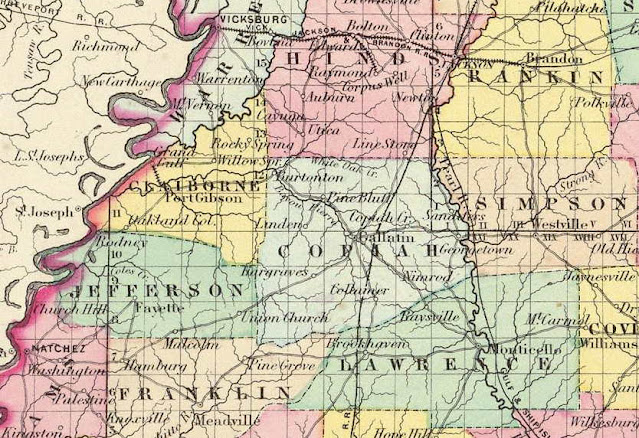Cranks and the politics of science.
First of all, there's a reason we specialize in science. I'm about as cross-disciplinary as it gets (biochemist who became a biophysicist who becamea chemist, who's published in all the major subdivisions of chemistry, and now does gas-phase physics; or dilettante, you choose). And at the same time, I'm leery of weighing in on the details of a field in which I'm not a specialist. Science these days is too big and complicated for that. And so the first rule for journal editors should be: don't publish stuff from outside your field. Generalist journals like Science and Nature have teams of specialist associate editors for exactly that reason. Even more specialized journals like the Journal of the American Chemical Society have inorganic chemistry editors, physical chemistry editors, organic chemistry editors, etc..
So, when the editor of a mathematics journal gets a manuscript that's supposed to model some facet of evolutionary biology, what should they do? They should refuse to consider it, and recommend it be sent to one of the several journals that cover the mathematics of evolutionary biology, where the non-mathematical aspects of the paper can also be properly reviewed.
In the present instance, the editors of Mathematical Intelligencer and the New York Journal of Mathematics did not do that. I think part of the problem is the hubris that many mathematicians and physicists have about other fields of science. It's alluded to in this cartoon, which apparently went over a lot of people's heads. The Hill preprint, and probably the paper (we don't know, though, we haven't see the actual m/s that was submitted, and it has since had an author added) appears to adopt an explicitly group selection model of evolution. The editor of a specialized journal would have known of all the issues with group selection models (this looks like an OK summary).
A statement like this
Then from one generation to the next, among subpopulations of B with comparable average attributes, those with greater variability will tend to prevail over those with lesser variability.would set off immediate red flags to an evolutionary biologist.
And it's a fundamental flaw in the paper; the model assumes a mechanism for evolutionary change that evolutionary biologists mostly reject, except under very specific conditions. Could the model be salvaged to work without group selection? Don't know. But it sure shouldn't be published as is.
So the paper starts with a problematic model, and conclusions are drawn from it, conclusions, that, like it or not, have highly political implications, implications that are ripe for misuse by the contemporary alt-right. The journal editor hears about this, and rescinds publication. That course of action, while not ideal, at least makes up for the original decision to publish the paper.
And then the outrage machine goes into overdrive, including several people who should know better. (Pinker, FFS look at page 2 of the preprint).
Yes, it would be lovely if we could sit in our ivory towers and discuss science, disinterested from its social implications. But we can't. And in particular, we have an obligation to prevent bad science from being legitimized and then misused (good science is another, harder issue). Mostly we have a libertarian attitude; err on the side of publishing what looks like crap. If it really is crap, it will be refuted, or more likely ignored. But in this case, the crap is potentially noxious crap.
The process failed here. But it didn't fail because people applied political pressure to journal editors. It failed because the journal editors didn't do their job.
Interesting thought just occurred to me: is it even possible to have an evolutionary model to select for 'variability', without group selection? How do you have 'variability' without a group?



This comment has been removed by the author.
ReplyDelete